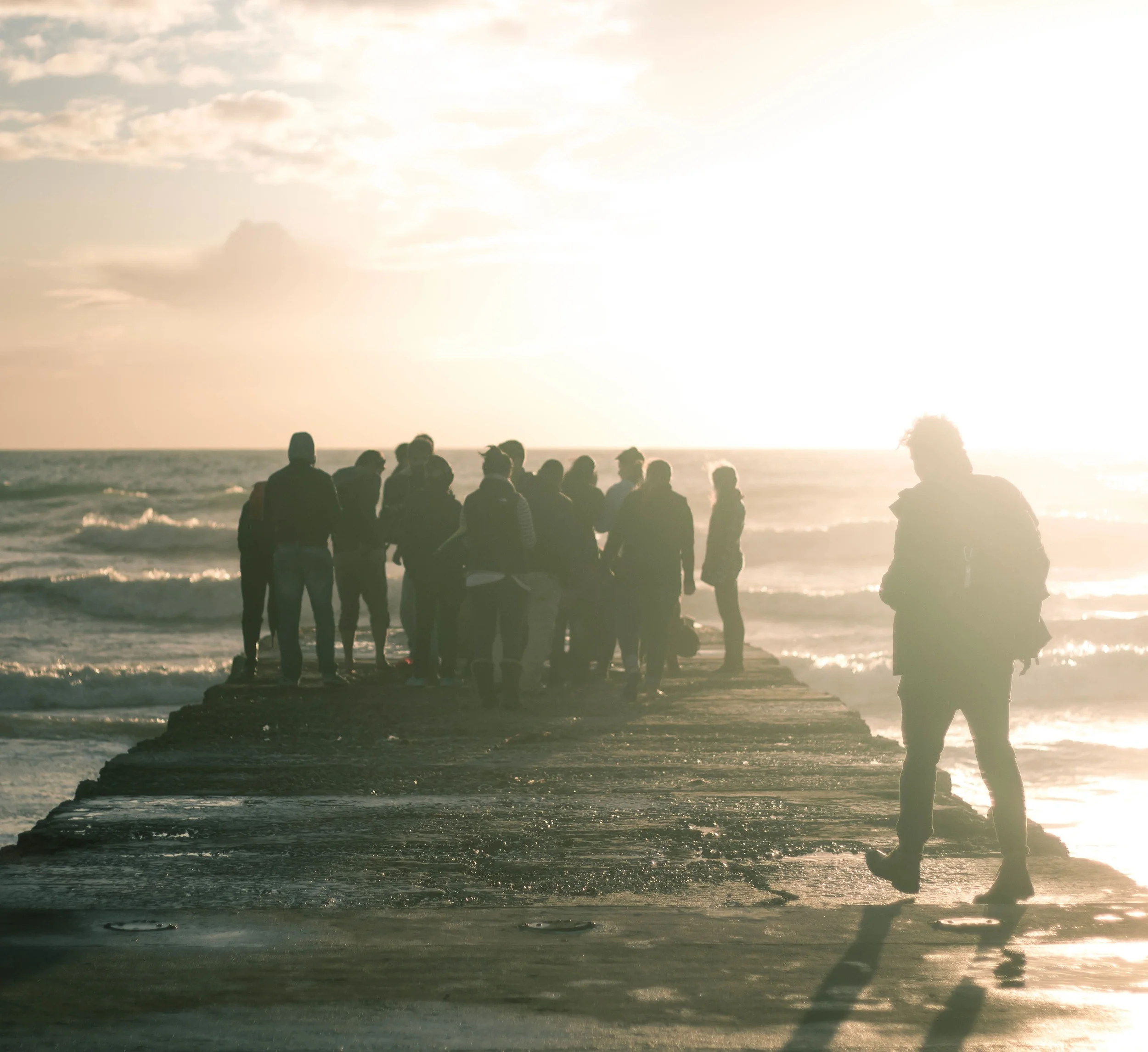We are pleased to announce that the ‘Doing Refugee History’ series continues this semester on the subject of refugee technologies and will take place on Thursday 20 April 20223, 2-4pm UK time.
Technology has shaped refugee history in many ways, from how refugees move and stay connected to how states seek to regulate and control migrant mobility. Boats, trains and planes enabled people to travel to places further and further afield. Letters, telegrams, emails and messaging applications have enabled people to keep in touch and raise awareness about refugee situations. Conversely, identity documents, passports and now facial recognition technologies have created layers of regulation and bureaucracy that refugees must navigate and overcome. Technology has also changed the manner in which researchers access histories of displacement and refuge, and transformed the nature of research in this field.
The purpose of this roundtable is to explore the topic of refugee technologies in history. What kinds of technologies have refugees used in their journeys? What kinds of experiences have these technologies fostered? In what ways have various technologies been used to regulate refugee movements and refugee bodies, historically and in the present? And in what ways has technology transformed historical research? We welcome contributions that discuss technologies, broadly defined, and consider how these inform approaches to doing refugee history.









